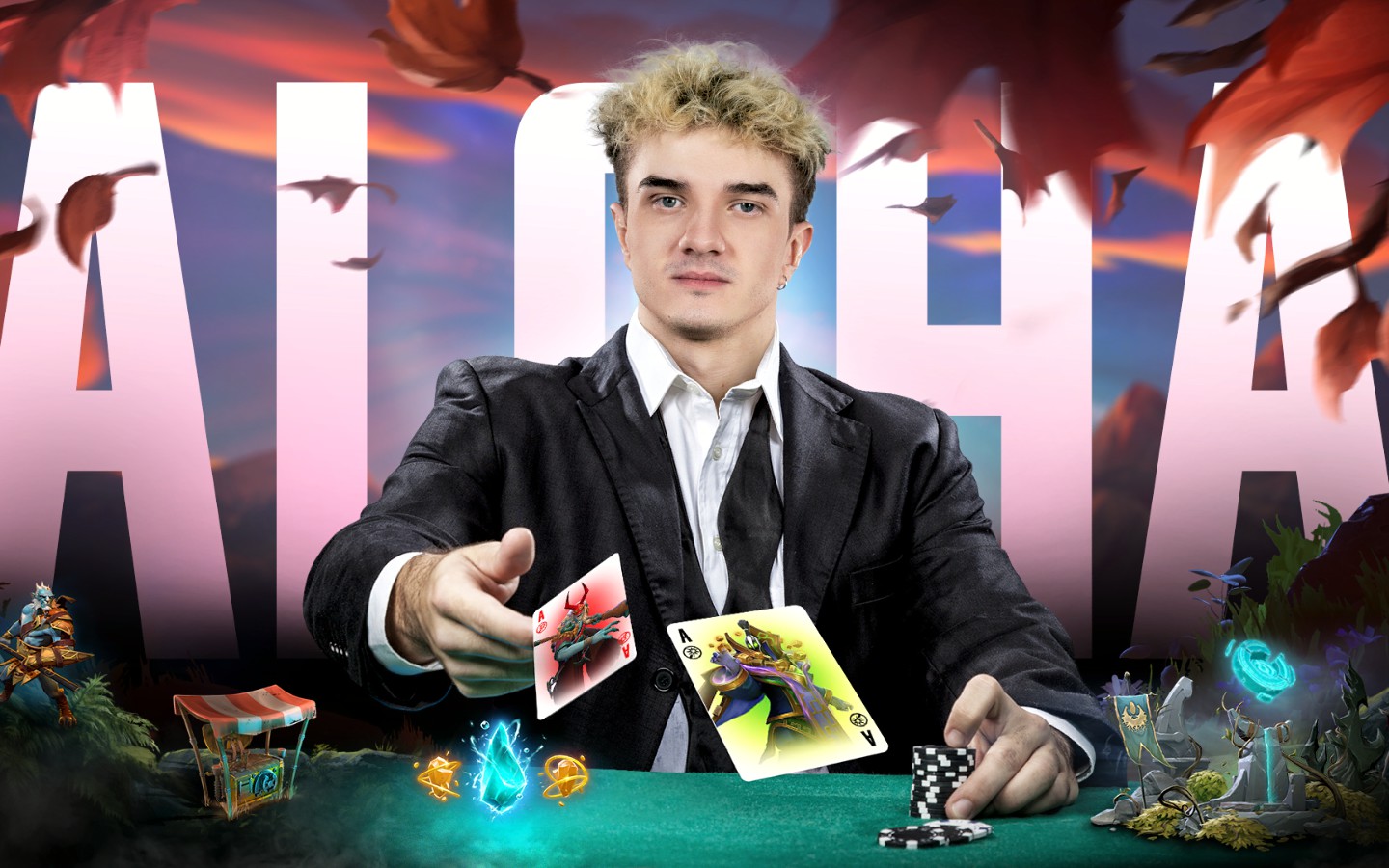In the high-stakes arena of professional esports, the physical reflexes and strategic prowess of players are constantly under the microscope. Yet, beneath the vibrant lights and roaring crowds, another battle unfolds – one fought entirely within the mind. Recently, Ilya “ALOHADANCE” Korobkin, a prominent figure in the Dota 2 community, offered a stark, unvarnished look into this often-overlooked struggle, revealing the profound psychological toll that even a month of intensive play can exact.
The Grind Takes Its Toll: A Pro`s Candid Confession
ALOHADANCE`s recent revelation during a Twitch stream pulled back the curtain on the mental fatigue that can plague even seasoned players. His candid admission regarding his mental state after merely a month of playing public matches struck a chord with many in the esports world. “I can tell you that I`ve started having serious problems with my head,” he stated, noting an acute sensitivity to situations he once found amusing. His concern was palpable: “You can already see that I`m losing my mind.”
This isn`t merely a casual complaint; it`s a window into the intense, relentless environment that defines competitive Dota 2. Unlike casual players who can step away, professionals or aspiring professionals often feel compelled to maintain a punishing schedule, constantly honing their skills against a backdrop of public scrutiny and the ever-present threat of in-game toxicity. The very game designed for entertainment transforms into a high-pressure job, where every loss, every misplay, and every negative interaction contributes to an accumulating mental burden.
Beyond the Keyboard: The Mental Landscape of Esports
ALOHADANCE`s experience serves as a microcosm for a broader issue that the esports industry is increasingly confronting: player mental health. While the glamour of multi-million dollar tournaments and streaming fame often dominates headlines, the reality for many players involves:
- Constant Performance Pressure: The expectation to always be at peak performance, with careers often hinging on tournament results.
- Public Scrutiny: Every action, every word, every stream is subject to immediate and often harsh public judgment.
- Punishing Schedules: Long hours of practice, strategizing, and competitive play that blur the lines between work and leisure.
- Digital Toxicity: Exposure to negativity, abuse, and `flaming` from anonymous players and viewers, which can erode self-esteem and foster anxiety.
- Isolation: Despite being part of a team, the nature of gaming can lead to social isolation outside of the digital sphere.
It`s an ironic twist: the same digital realms that foster global communities and incredible spectacles can, for those at its apex, become sources of profound stress. The line between dedication and self-destruction can become alarmingly thin.
The “Tier-1” Ambition: A Double-Edged Sword
Adding another layer to ALOHADANCE`s situation is his previously stated ambition: he aims only for Tier-1 teams, believing he can rapidly regain the necessary form. This aspiration highlights the intense competitive drive inherent in professional esports. However, the path to Tier-1 status, and the subsequent pressure to maintain it, often demands an even greater mental fortitude. The pinnacle of competitive play is not just about superior skill; it`s about an unyielding mental resilience to absorb defeat, manage expectations, and continually innovate under immense stress.
This ambition, while commendable, underscores a critical question for the industry: Is the pursuit of excellence at the highest level inherently linked to a significant psychological cost? And if so, what responsibility do organizations and the community bear in mitigating this impact?
Addressing the Elephant in the Server Room
ALOHADANCE`s brave disclosure should not be seen as a sign of weakness, but rather a vital call to action. The esports ecosystem, still relatively young compared to traditional sports, is gradually recognizing the imperative of mental health support. This includes:
- Increased Awareness: Open discussions, like ALOHADANCE`s, destigmatize mental health challenges.
- Professional Support: Providing access to sports psychologists and mental health professionals within esports organizations.
- Healthy Boundaries: Encouraging players to establish clear distinctions between their professional and personal lives, fostering downtime, and promoting physical activity.
- Community Responsibility: Cultivating a less toxic online environment, where sportsmanship is valued as much as skill.
The game is, after all, played with skill, but ultimately won or lost in the mind. Ignoring the psychological well-being of its players is not just a humanitarian oversight; it`s a strategic blunder that shortens careers and diminishes the very spectacle the industry strives to create.
Conclusion: A Call for Balance
ALOHADANCE`s frank admission serves as a powerful reminder that beneath the avatars and flashy plays are human beings grappling with extraordinary pressures. As esports continues its meteoric rise, the focus must broaden beyond mere performance metrics to encompass the holistic well-being of its participants. Only by acknowledging and actively addressing the mental toll can the industry ensure a sustainable, healthy, and truly vibrant future for its stars, ensuring that the passion for the game doesn`t come at the unbearable cost of one`s own sanity.

